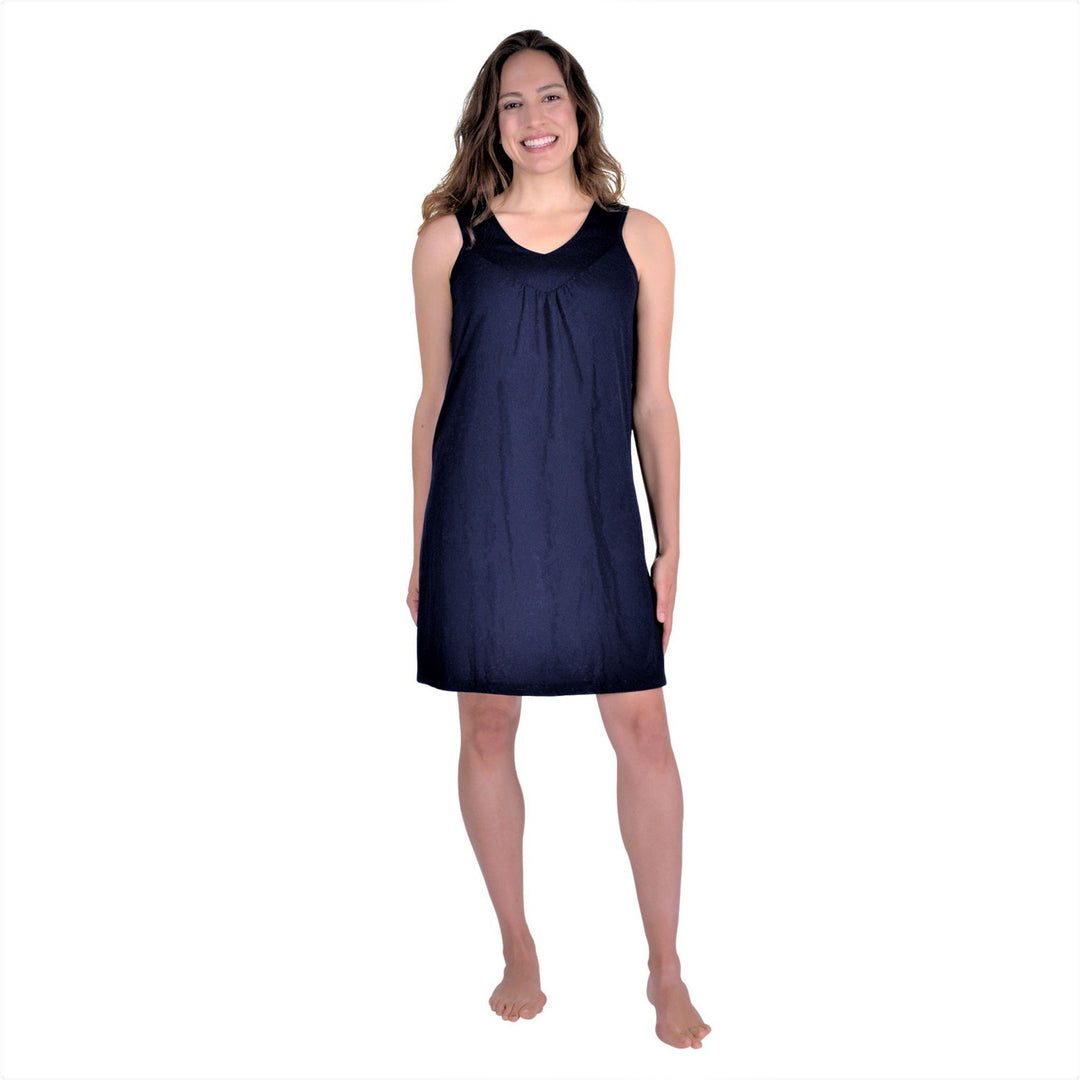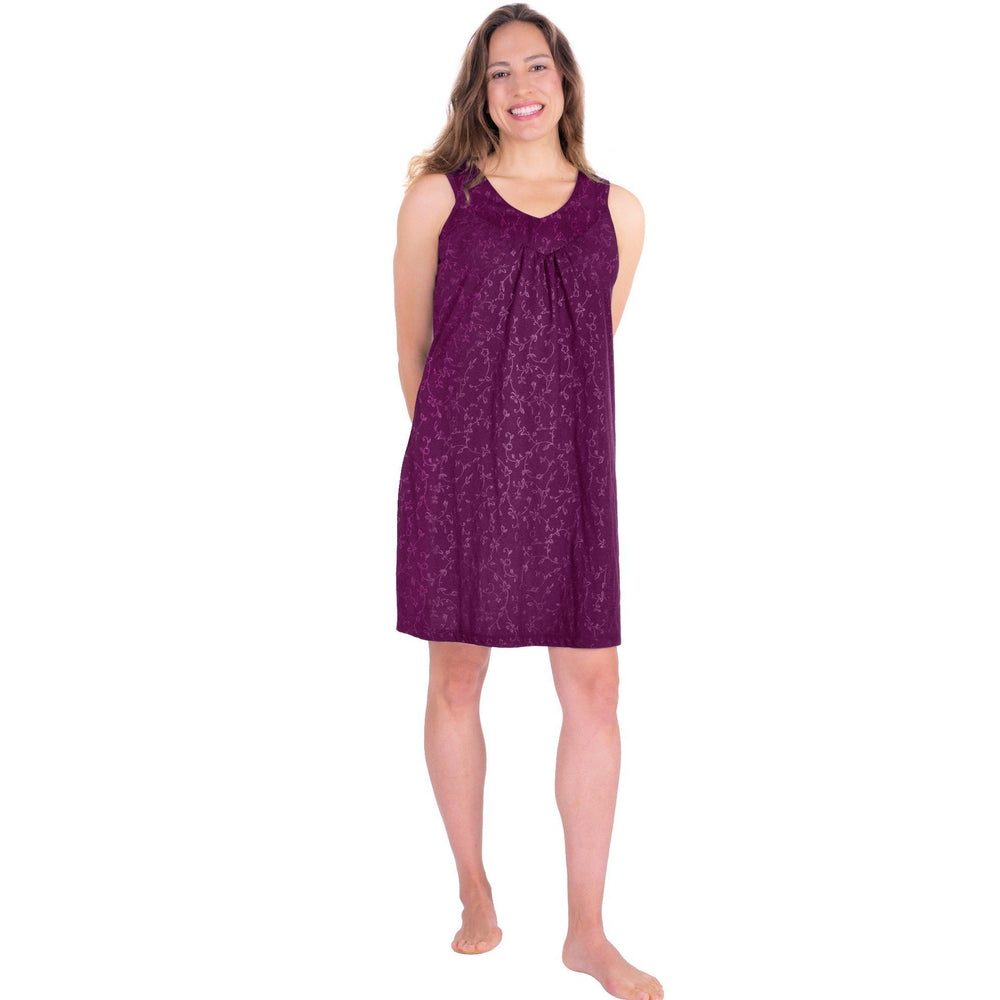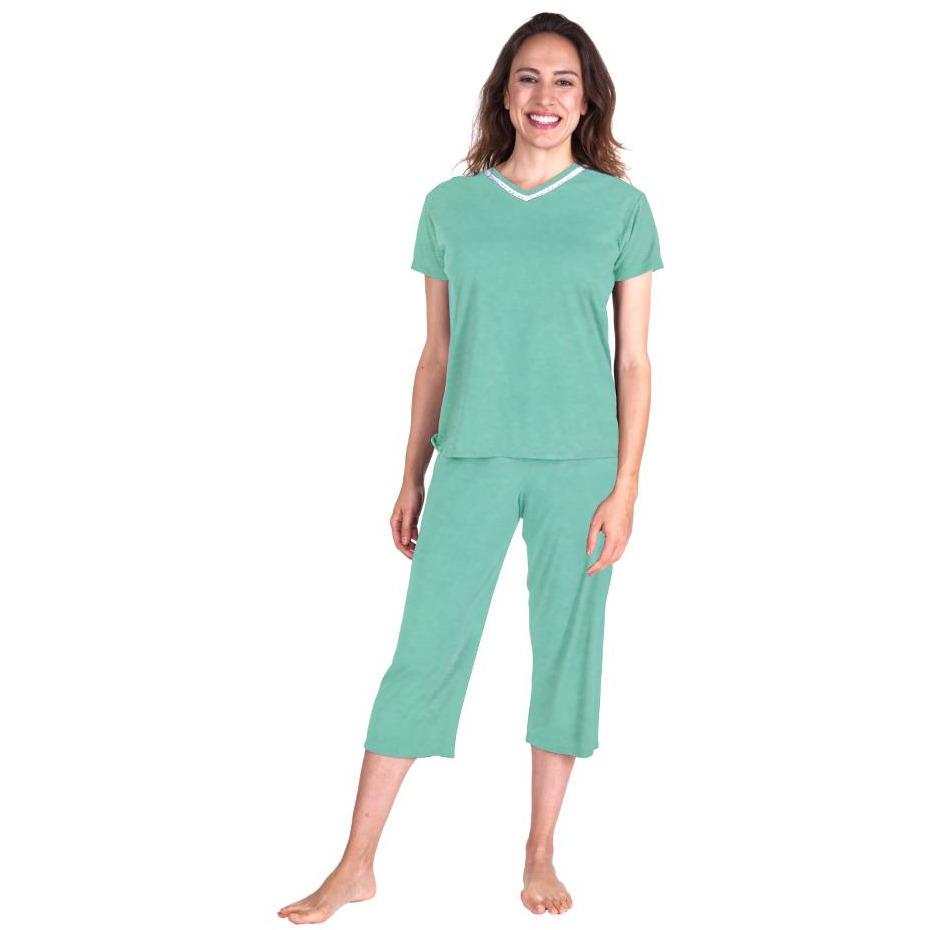Health ·
Hot flash ·
hot flash relief ·
menopause ·
menopause relief ·
night sweat relief ·
wicking pajamas ·
wicking sleepwear ·
Yoga ·
Yoga Meditation Eases Menopause Symptoms
 Women in the United States spend billions of dollars every year seeking relief for the symptoms of menopause. Common menopausal issues include hot flashes, night sweats, mood swings, decreased libido, vaginal dryness, and fatigue. Not a lot of fun – it’s no wonder women are putting so much money into treatments.
Women in the United States spend billions of dollars every year seeking relief for the symptoms of menopause. Common menopausal issues include hot flashes, night sweats, mood swings, decreased libido, vaginal dryness, and fatigue. Not a lot of fun – it’s no wonder women are putting so much money into treatments.Hormone-replacement therapy alone costs American women about $3.2 billion per year, and that does not include alternative products like soy or herbal remedies. Hormone replacement remains a controversial issue, with claims that it increases women’s chances of getting certain types of cancer. Because of the cost and the potential health risks, many women seek less intensive methods for relief.
A new study from researchers in India may provide some reassurance, showing that yoga meditation successfully eased menopausal symptoms in a group of women who took an eight-week course. Dr. R. Chattha, from the Swami Vivekananda Yoga Anusandhana Samsthana in Bangalore, India, and his research partners conducted a study involving 120 women age 40-55 who were experiencing menopausal symptoms. The women were divided into two groups, with one group undergoing an eight-week session of yoga meditation while the other group received training on exercise and nutrition. The yoga group participated in classes of meditative postures and breathing, and attended lectures about yoga’s abilities to achieve a mastery of mind over physical issues. The focus in the yoga sessions was to achieve a meditative state, and "slow the rate of thoughts in the mind," according to the researchers. The second group was encouraged to engage in mild exercise and attend lectures on physiology and diet. After eight weeks, the yoga meditation group showed significant improvements in their major menopausal symptoms like hot flashes, insomnia, and night sweats, while the exercise group did not. And while both groups scored well on a test of memory and cognition, the yoga group again outperformed the other group significantly in seven out of ten cognition subtests.
This is good news for women who also report feeling "foggy" at times during menopause, and possibly for aging adults in general. In fact, the study’s results bode well for women who want to manage their menopausal symptoms but are leery of taking expensive synthetic hormones that may cause health problems of their own. What does this mean? In addition to using wicking pajamas, why not try some yoga before bedtime. Wouldn't it be nice to sleep better? Download a free cooling meditation to help you stay cool and dry while sleeping.







